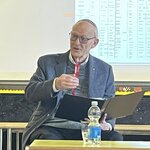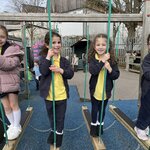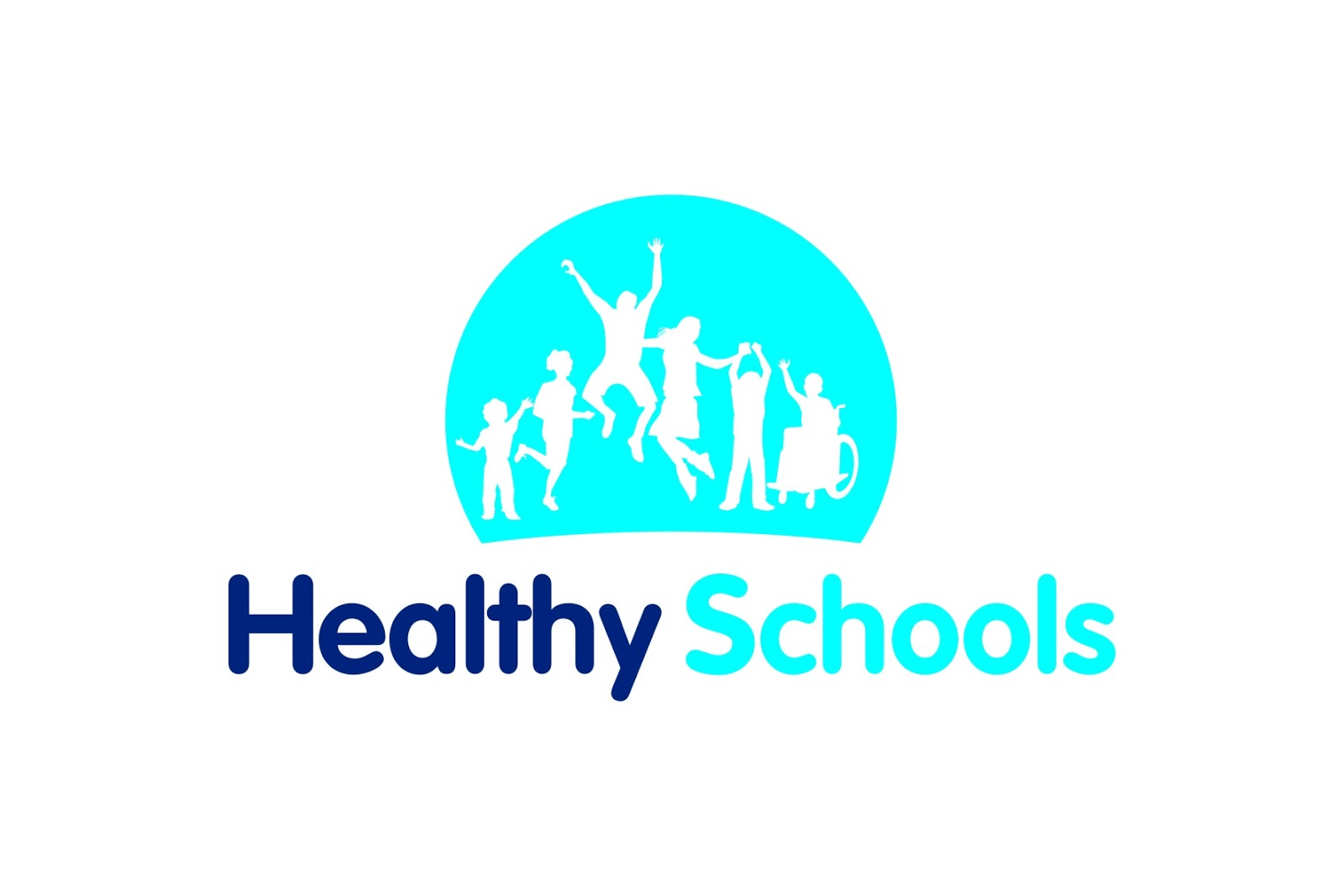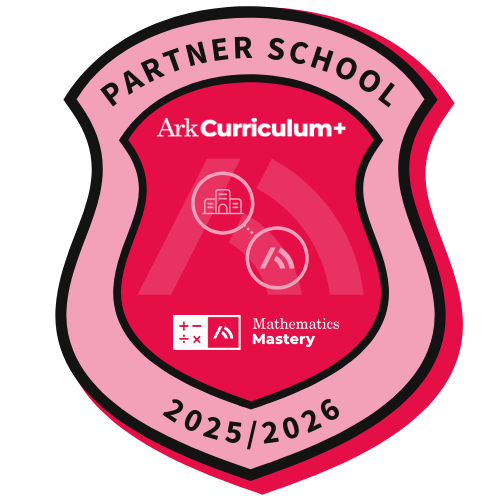
At Sinai, our commitment extends beyond academic growth and development. We are dedicated to preparing our students for their roles as responsible members of society, both within our strong modern orthodox Jewish ethos and the broader British community.
Our unwavering devotion to our traditions and culture is integral to our identify. We strive to instil a profound love of our heritage while equally valuing the importance of raising well-rounded British citizens. In recognition of the rich multicultural, multi faith and ever-evolving nature of the United Kingdom, our PSHE curriculum reflects the diversity and dynamic character of our society. .
Our Relationships, Sex and Health Education curriculum empowers our children to navigate the complexities of life, both now and in the future. We aim to equip them with the skills and knowledge to lead healthy, independent and responsible lives as valuable contributors to their community.
Beyond the classroom, we provide opportunities for our children to nurture their character, promoting qualities like resilience, confidence and independence. Through self-reflection, they explore their own values and attitudes while embracing the perspectives of others. This journey towards mental and physical well-being empowers them to assume social responsibility both now and in the future.
Our ultimate goal is to enable our students to make well-informed choices and to celebrate the beauty of diversity as they transition into young adults, poised to enter society with open hearts and a deep sense of belonging.




.jpg)


.jpg)
